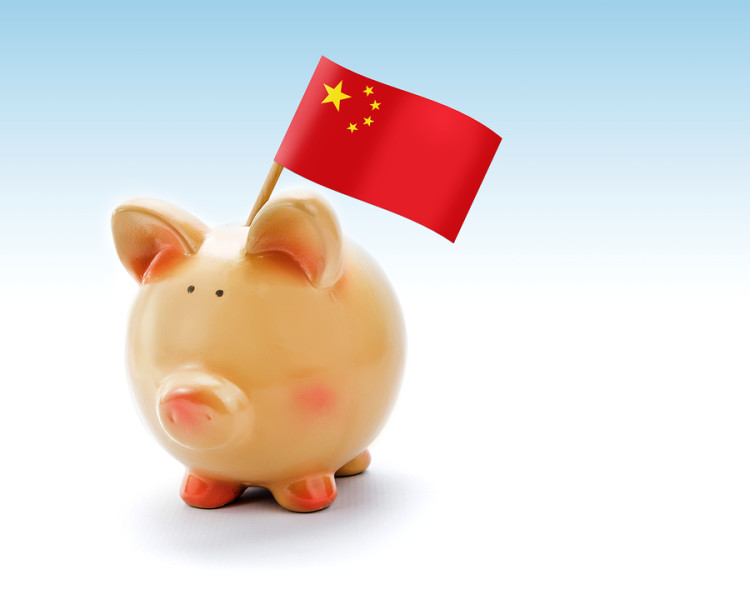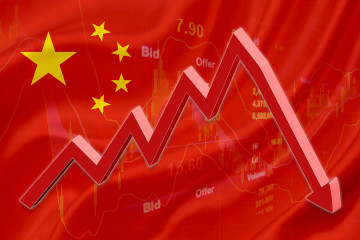Crowdfunding Sites Connect Chinese Tech to Eager Foreign Backers

(Bloomberg) —Online crowdfunding sites have been the place to raise money to research the theory of everything or back a San Francisco startup. Now, Chinese tech companies are using them to crack the U.S. market.
Yet these aren’t exactly struggling startups.
Take for example XGimi Technology, a Chinese manufacturer of miniature, home-theater projectors that are Internet-enabled. The company, based in the western China city of Chengdu, raised more than $300,000 this year for a new LED projector on the crowdfunding website IndieGoGo Inc. All while getting glowing coverage from tech blogs.
Back home, it hardly needs cash or publicity. It’s already raised 400 million yuan ($61 million) and is valued at more than 1 billion yuan by investors, including Mango TV, part of the popular state-owned television broadcaster Hunan Broadcasting System. Having sold some 200,000 units last year, and forecasting sales this year of between 400,000 to 600,000, it claims to be the biggest pico-projector seller in China. Chinese premier Li Keqiang stopped by during a visit to Chengdu startups in April.
“We didn’t expect this to be successful,” said Ivy Wu, XGimi’s overseas marketing manager speaking of the IndieGoGo campaign. “If you Google XGimi there are lots of reports and reviews from people who bought it. This really raised the profile of our company.”
China Focus
That’s just fine for IndieGoGo CEO Dave Mandelbrot. He started a pilot program this year to help bring in even more Chinese companies looking to launch products on his website. “Our approach is to create an open platform so any entrepreneur can be successful” he said in a phone interview. “We were finding more and more China-based companies were coming to IndieGoGo to launch their product here.” IndieGoGo offers a very cheap way to raise visibility and test the waters on a new product, he said.
China-based campaigns represent over 10 percent of the funds raised in the first three months of this year on IndieGoGo, and are its fastest growing foreign market. Overall, the San Francisco-based platform has raised $850 million from 6 million people in more than 600,000 fundraising campaigns since its inception in 2008.
Wu said word about U.S. crowdfunding sites spread quickly through the tight-knit circle of Chengdu entrepreneurs. “We found this is a suitable place where you can get a lot of publicity. Costs are low, and this can really raise your profile among foreigners.”
American culture, not the English language, is the main barrier for Chinese companies, said Oliver Sun, whose public relations firm, Meltpartners (Shenzhen) Technology Co., has ten Chinese clients, including XGimi, crowdfunding in the U.S.
That can come down to something as basic as using imperial measurements instead of the metric system.
“Lots of our customers like to use centimeter as the unit for distance. We will tell them that’s totally wrong. U.S. people will feel confused with the centimeter,” Sun wrote in an e-mail.
Kickstarter PBC, another big crowdfunding site, is only open in 18 countries, excluding China. Chinese companies have found a workaround by getting business partners in the U.S. to get onto Kickstarter, the company said. The website lists some 437 projects with China ties, including an electric skateboard and a mini computer.
Crowdfunding campaigns always come with a risk. Usually, backers buy a product at the prototype stage, and then inventors take that cash to turn a dream into reality. Factories are often in China, and for first-time Western entrepreneurs unfamiliar with supply chain management, there are many unforeseen challenges that can delay or even kill a project. For the Chinese companies, that’s rarely a problem, because they’re right next to the factories.
“Compared to a lot of entrepreneurs on IndieGoGo, who can take years to get to a point where they are fulfilling orders,” Mandelbrot said. “The Chinese can deliver faster because they’re so knowledgeable about manufacturing.”
Not that it’s always smooth sailing. A Hong Kong coffee machine startup angered its backers on Kickstarter after it missed delivery deadlines. Still, it sort of worked out in the end for Arist Home Ltd. They secured funding from IDG Capital Partners, one of the most respected venture capital firms operating in China.







No Comment